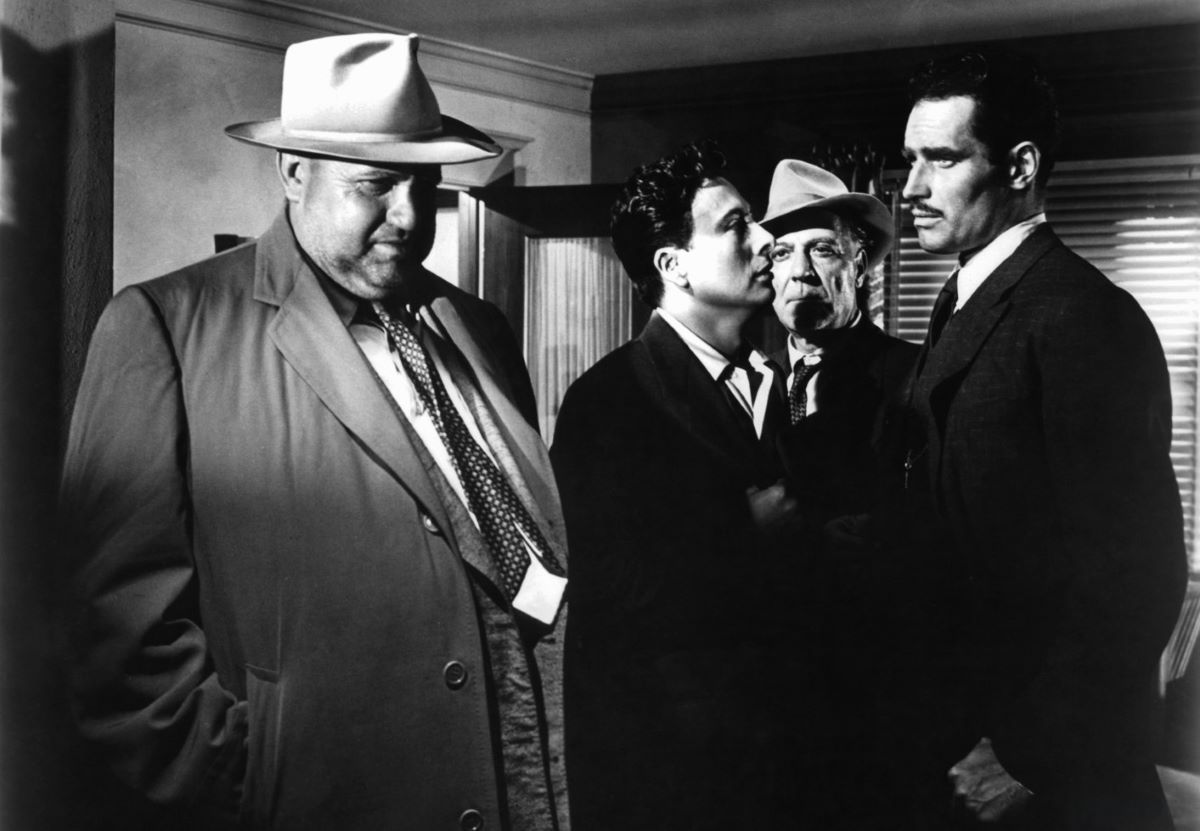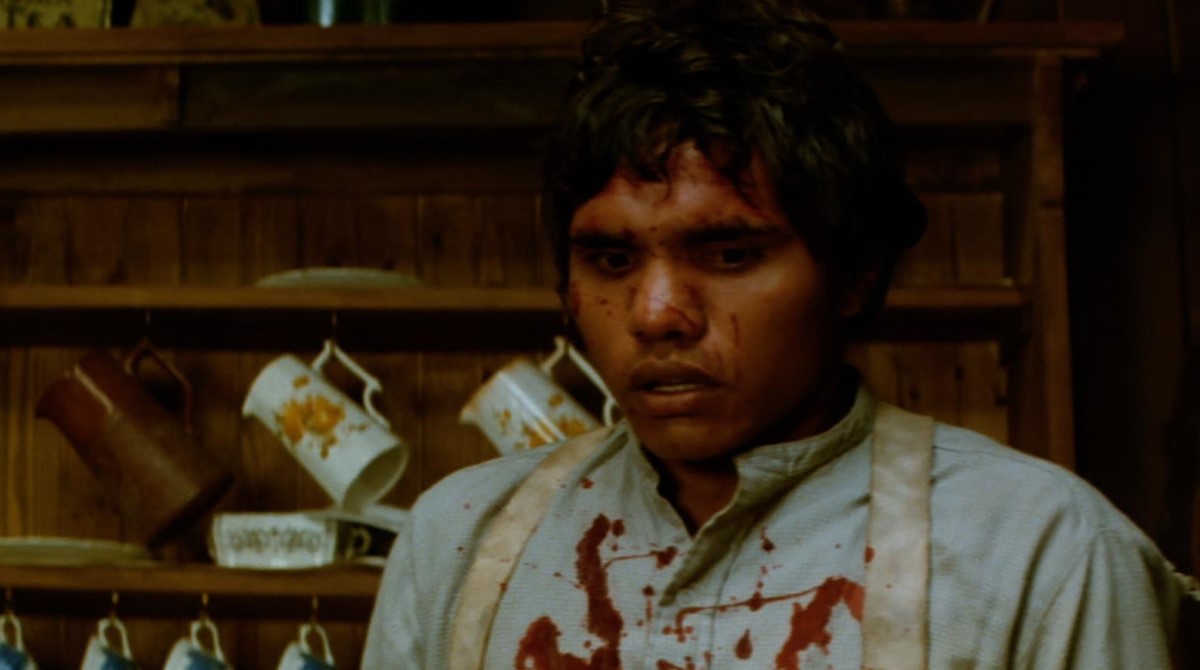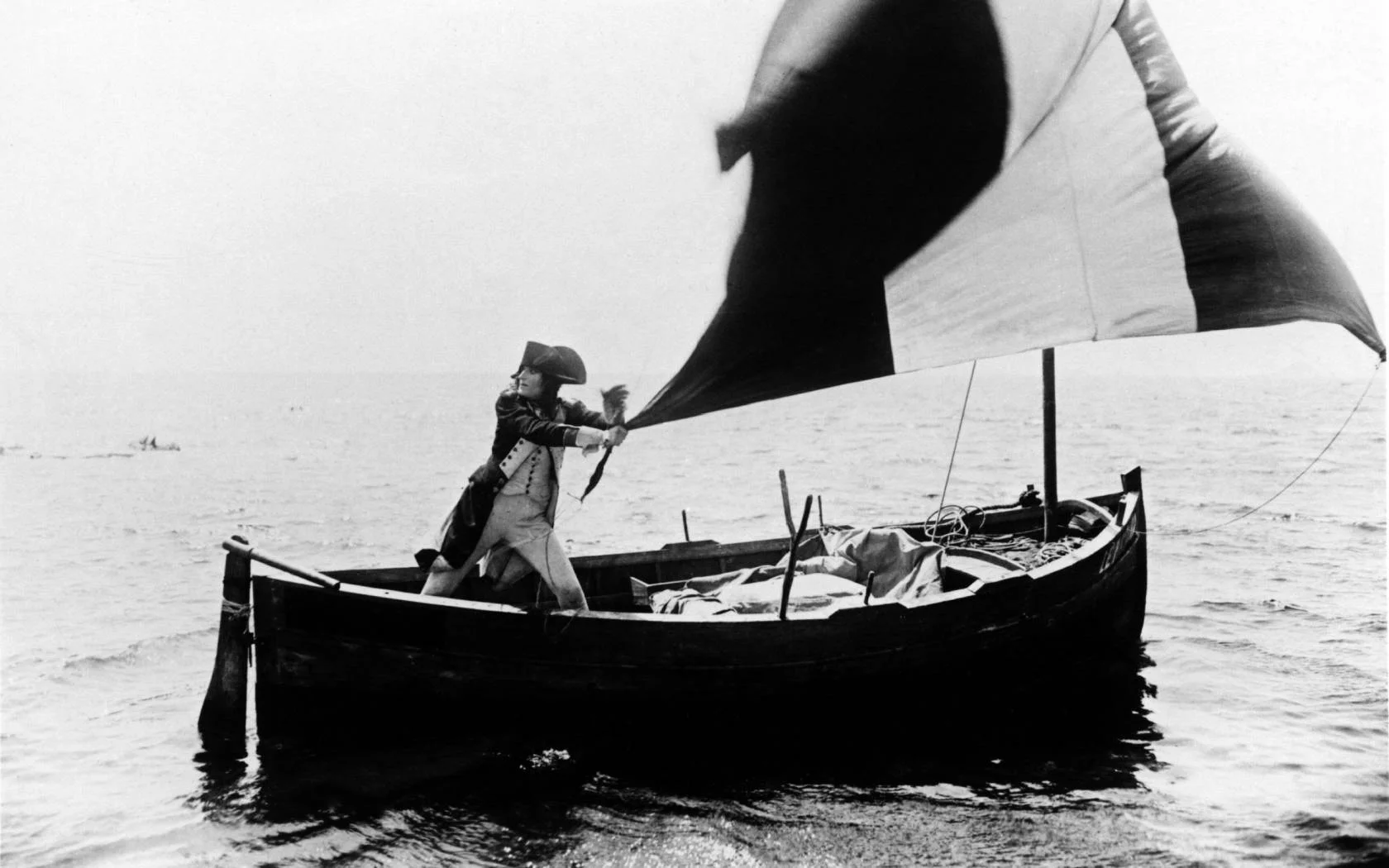Masquerade is a tranquil yet sophisticated thriller that subtly ensnares its audience with a crafty script and luxurious cinematography, capturing the desirability of the rich’s life in the Hamptons. Meg Tilly’s character, Olivia Lawrence, a wealthy heiress, falls under the charm of Rob Lowe’s Tim Whalan, a manipulative yachting captain, against a backdrop that pays homage to classic cinema. Despite the movie’s calm surface, it’s laden with deceit, murder, and the complex dynamics of love and loyalty. Kael appreciates the film’s nuanced approach to storytelling, where the allure lies in its restraint and the underlying, conniving subtext reminiscent of film noir. While critiquing Lowe’s performance as lacking depth, Kael finds merit in the film’s ability to keep romantic undertones and gallows humor under a controlled simmer, making Masquerade seductively deceptive with its film-noir charm and a narrative that quietly unfolds into a pattern of deceit.
* * *
A SMOOTH SAIL
by Pauline Kael
Masquerade has a pearly atmosphere of unease. The rich, trustful Olivia Lawrence (Meg Tilly) graduates from Marymount College and returns to the Hamptons, where her mother recently died in an accident; a young hired-hand yachting captain, Tim Whalan (Rob Lowe), who is a practiced seducer, begins to court her. The situation is reminiscent of the courtship of Olivia de Havilland by Montgomery Clift in William Wyler’s The Heiress, and perhaps the name Olivia is a tribute to that film. Tilly’s Olivia isn’t considered a dull dowd, like Wyler’s heroine; this Olivia is lovely, but she’s placid and unaffected—she has no sharp edges. And Rob Lowe’s Tim Whalan is a shrewd manipulator, a narcissist who knows how to use his every gift. Lowe certainly isn’t the actor that Clift was, but you can see why the director, Bob Swaim, might have wanted him in the role: Lowe brings it his boyish prettiness and sexual ambiguity. Olivia isn’t frightened of this honey-mouthed charmer. She confuses his self-absorption with unworldliness: she thinks he’s like her, and they have the rapport of two people who love sailing. She has her own sloop, Masquerade, which she inherited, along with eight houses and about two hundred million dollars. (She belongs to the old rich; her money has a patina.)
This is a tranquil, sophisticated thriller: you put it together as it flows past you, and then other pieces fit in when it’s over. The script, by Dick Wolf, is crafty and even-toned, and the cinematography, by David Watkin, gives the life of the rich a luxuriance—makes it palpably desirable. The movie was shot in the Hamptons, and the architectural pomposity of the houses recalls the mansions of dullness that Gatsby lusted for, but these romantic undertones are kept down under. The movie has an odd, subterranean pull. Murders take place, but the narrative just keeps unfolding effortlessly, and you’re drawn along, wanting to understand the pattern of deceit.
John Glover, who has taken over as the prime rotter of the eighties, is cast as a drunken swine—the last of Olivia’s mother’s many husbands. A creative comedian, Glover manages to inject some gallows humor into the role: this loathsome stepfather tries to be debonair—it makes him really twisted. Dana Delany makes an effectively quirky impression as his girlfriend, who becomes recklessly suspicious about what’s going on. Doug Savant plays the new Hampton Shores police officer; he has known Olivia from childhood and gives indications of having a crush on her. Savant has the kind of young Tab Hunter looks that actors generally can’t do much with, but he has an alertness about him—he has learned how to use his eyes and mouth to convey emotions at odds with that all-American-hero face. Rob Lowe hasn’t learned how to use anything; his acting is mush. (His bare-chested scenes would be more effective if he wore a mask to blot out his smarminess.) At the beginning, Tim is the captain of one of two sailboats racing for a championship, and the scenes of his crew of young men under pressure have speed and charge. But Lowe’s Tim has no instinctive authority, and when he loses the race and hops into bed with the boat owner’s wife (Kim Cattrall) it’s hardly adultery—it’s just snuggling. Lowe brings his role the qualities that would appeal to Olivia, but he automatically lessens what’s at stake in the movie.
Nobody is made out to be conventionally likable, except maybe Olivia. You can’t be sure about her, because Meg Tilly, who had a modern spark in Tex, is still doing the sleepy, lethargic acting that began when she played the space case in The Big Chill. She’s blandly sincere; maybe that’s what Swaim wanted of her, or maybe it’s what he had to settle for. She’s a little monotonous. (It might have helped if by the end she had come awake.) But at some level her performance works. Olivia has an infinite capacity for love and loyalty, and Tim begins to want to be what she sees in him. So the currents of love and deception run into each other. What makes the movie seductive is its calm surface and conniving, film-noir subtext. It doesn’t tell you too much. And almost nothing can be said about what happens in the picture without spoiling it—except that at times it carries suggestions of thrillers such as Purple Noon and Strangers on a Train. It has a sweet malice.
The New Yorker, March 21, 1988






1 thought on “Masquerade (1988) | Review by Pauline Kael”
Thank you so much!